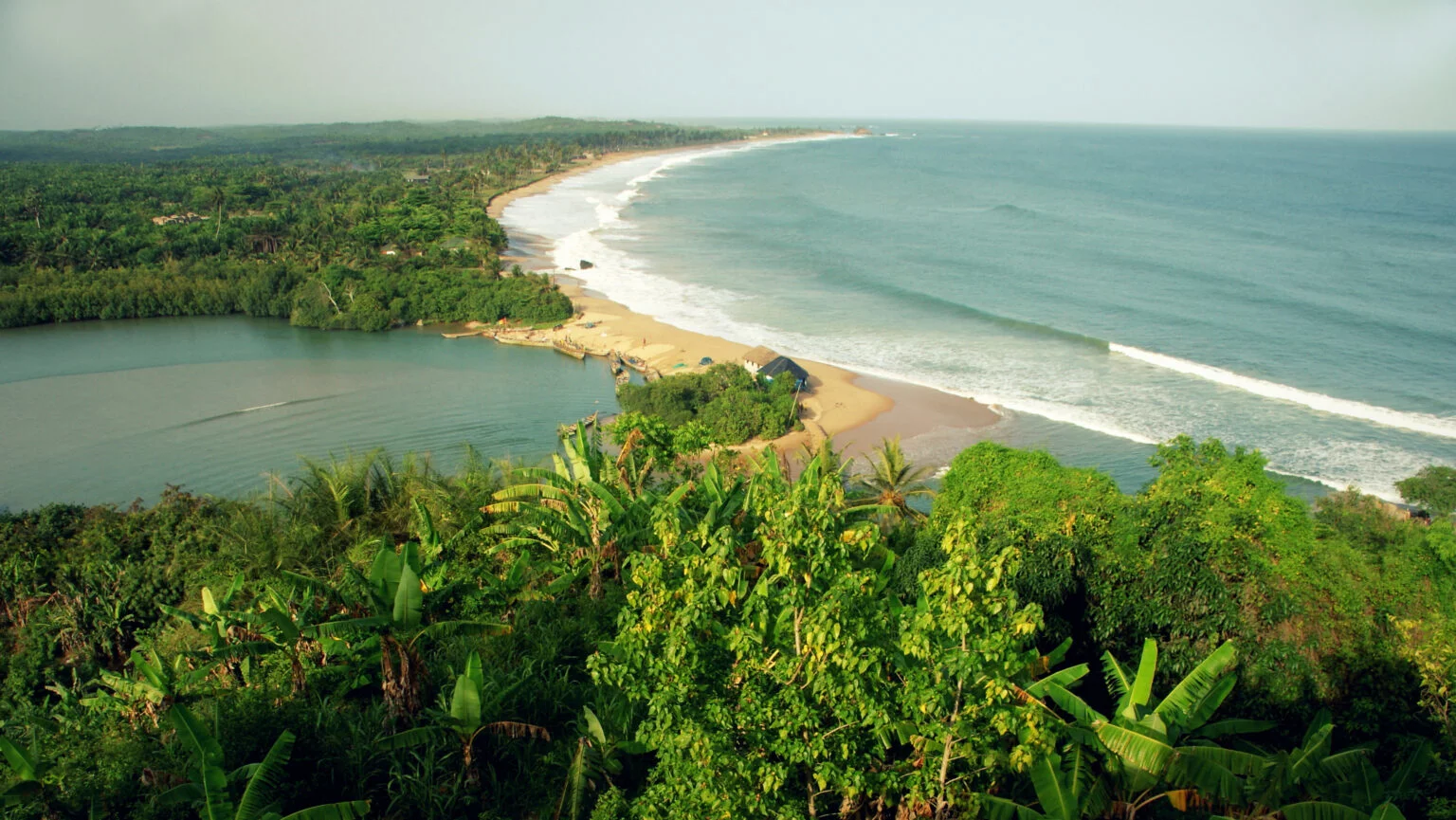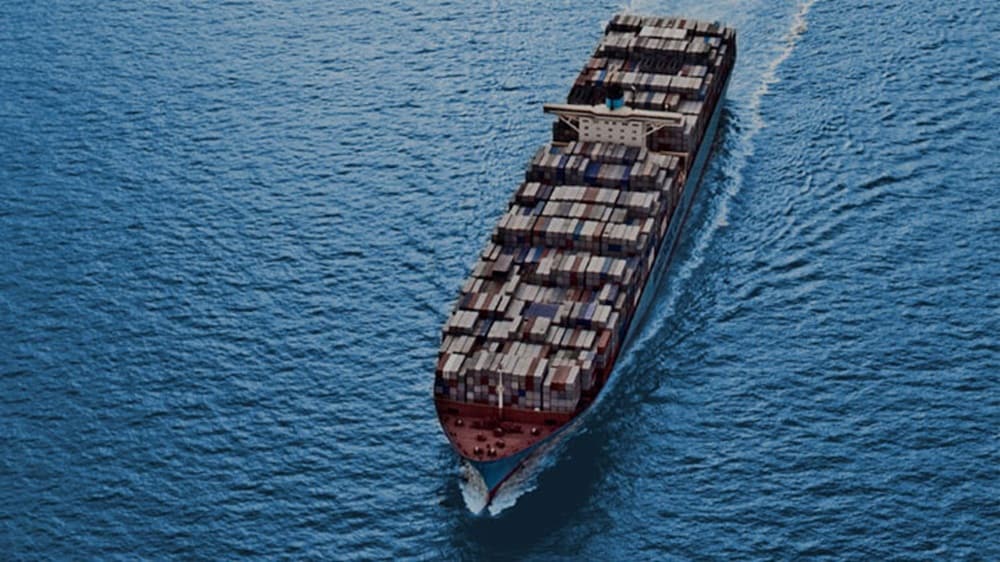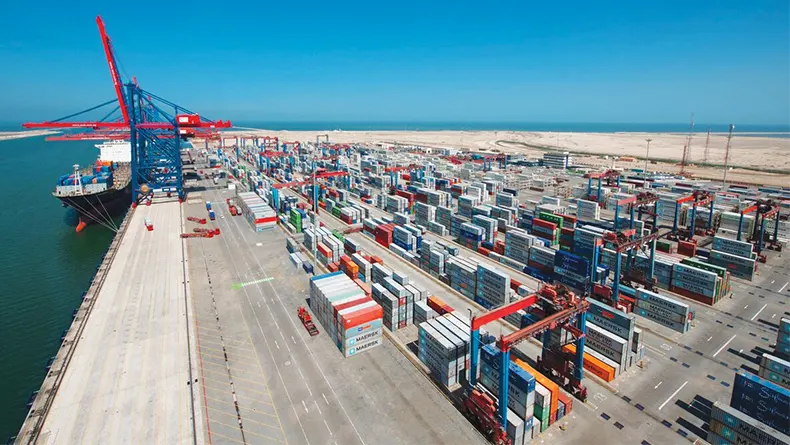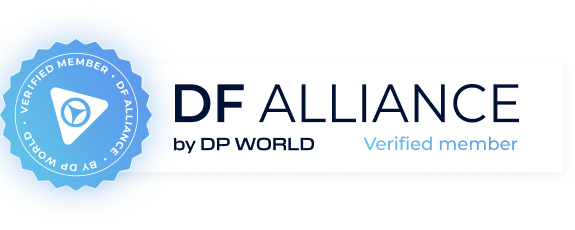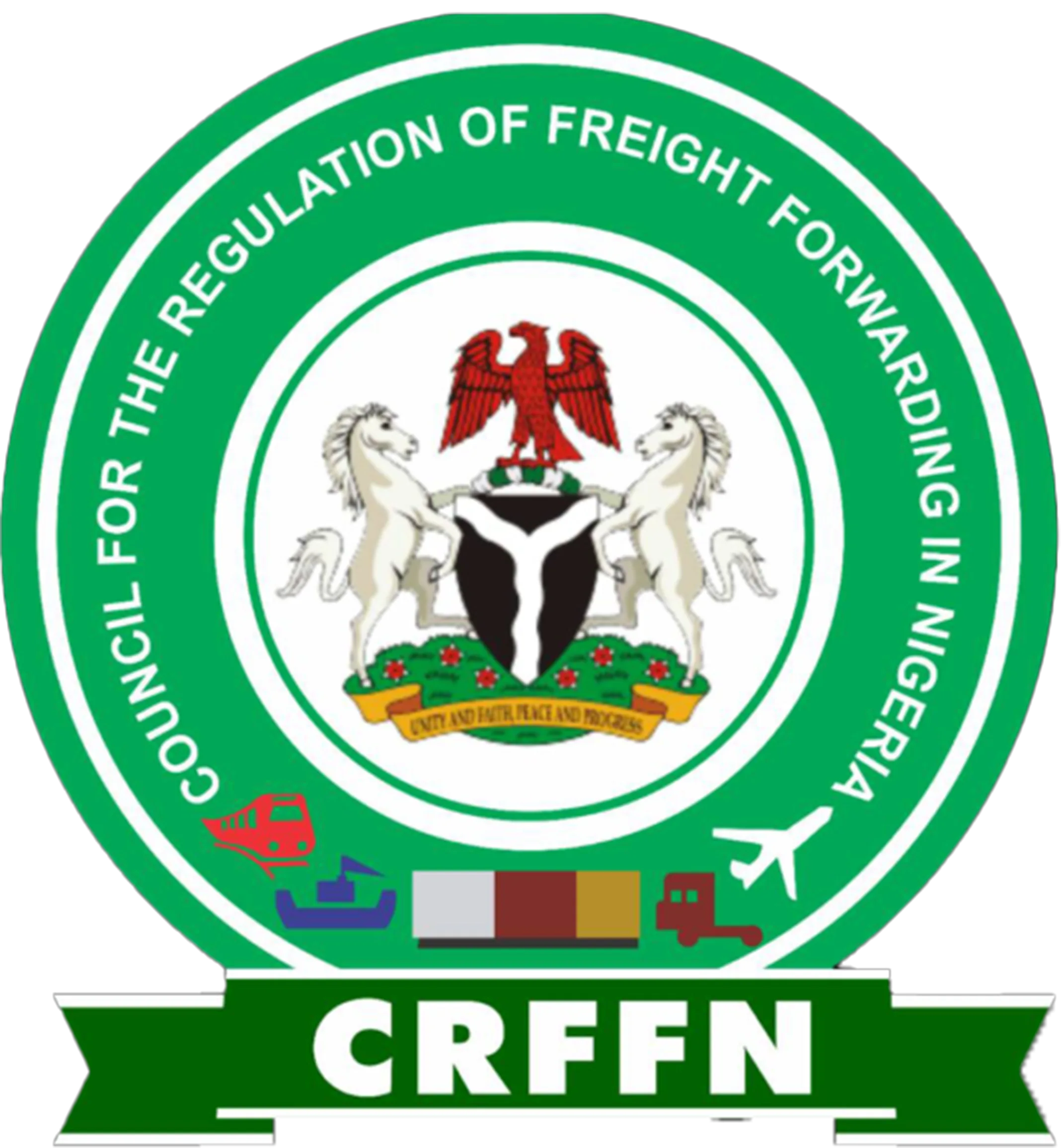Connecting Chad across Africa and beyond
Located in north-central Africa, Chad presents unique challenges for international shipping and logistics operations. Whether you need to import essential machinery or export local products, our dedicated team of logistics specialists is here to ensure a seamless and efficient experience.
At the heart of our services lies a comprehensive inland transport network that connects Chad’s landlocked geography to our extensive ocean freight capabilities. This integration allows us to streamline the movement of your cargo, be it refrigerated goods, oversized equipment, or standard containerized shipments.

Import regulations
Importing goods to Chad requires navigating specific procedures and documentation. Here’s a breakdown of the essential requirements:
Export regulations
Exporting goods out of Chad requires navigating specific procedures and documentation. Here’s a breakdown of the essential requirements:

Expertise You Can Trust
Seamless cross-border shipping to and from Chad
Chad’s landlocked position and complex trade regulations present unique challenges for businesses. To thrive in this market, you need a logistics partner with deep expertise, local insights, and a proven track record of success.
Limark is that partner. Our expert team understands the nuances of shipping to and from Chad. We leverage our extensive network, partners, and up-to-date knowledge of regulations to ensure your shipments move smoothly and cost-effectively. Let us simplify your Chad operations and unlock new growth opportunities.
Get Expert Guidance
Contact our regional experts
Partner with experienced freight forwarders and customs brokers for seamless shipping to and from Chad. Ensure full documentation compliance with the guidance and logistics services of our team.
